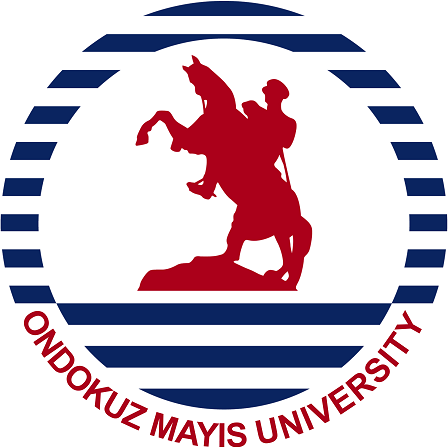Who Are We?
As one of the most established faculties of our university, Ondokuz Mayıs University Faculty of Agriculture continues to train students with its dynamic academic staff. Our faculty, established in 1976, has 55 professors, 26 associate professors, 17 assistant professors, 6 doctoral research assistants, 23 research assistants, one lecturer, and over 1370 students.
What About Our Qualifications and Academic Vision?
We are working to raise qualified and well-equipped students with our strong and dynamic academic staff and physical facilities and to come to the fore with scientific research and applications.
What are Faculty Facilities and Students' Achievements?
We offer students the opportunity to reinforce their knowledge with the application laboratory, greenhouses complex, and agricultural research and application areas. We aim to explain to our students and people the awareness that the source of life is agricultural production, based on the understanding of "The Future is in Agriculture".
What are Our Programs and Job Opportunities?
Thanks to their achievements at the end of four years of education, students can work in various positions in public institutions and organizations, private sector organizations based on agricultural production, personal businesses, and companies.
Which Exchange Programs Do We Offer to Our Students?
Our faculty has Farabi, Mevlana, and Erasmus Program student exchange agreements. Our students actively benefit from these exchange programs and contribute to expanding their perspectives on their fields of expertise with the experiences they have gained.
Click for Erasmus
Click for Farabi
Click for Mevlana
In What Ways Do We Support the Professional, Cultural, and Social Atmosphere?
In addition to education and training activities, our faculty works with external stakeholders by supporting agricultural production. In agricultural production, we make the necessary contributions in line with the demands of the social environment. In addition, for student's social and cultural development, there are two types of community structures classified into professional and social categories within the body of the Directorate of Health, Culture and Sports of our university. Professional societies are specific to faculties, while social societies are general. Our students have carried out many activities and organizations within the communities so far. In addition, our university provides the institutional ground necessary to create the atmosphere that will enable the cultural development of our students through social communities operating in 93 fields, from cycling to chess.
